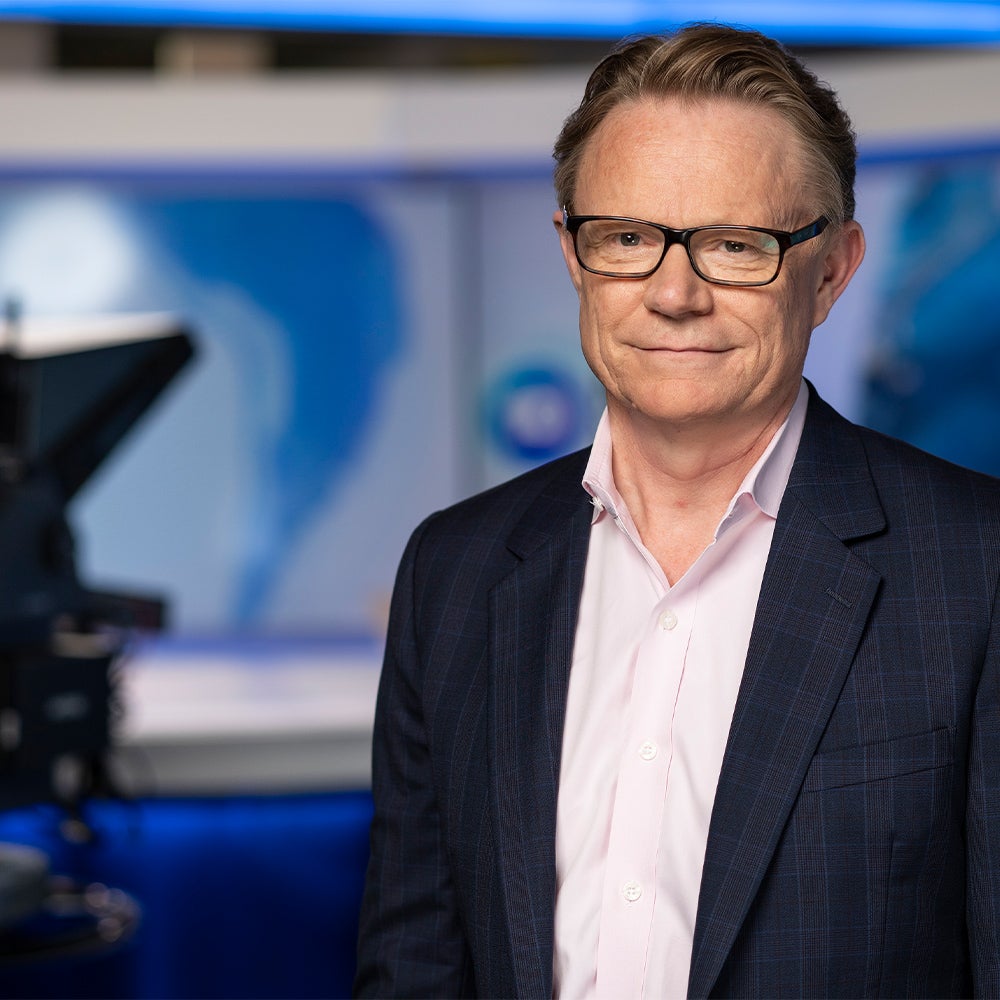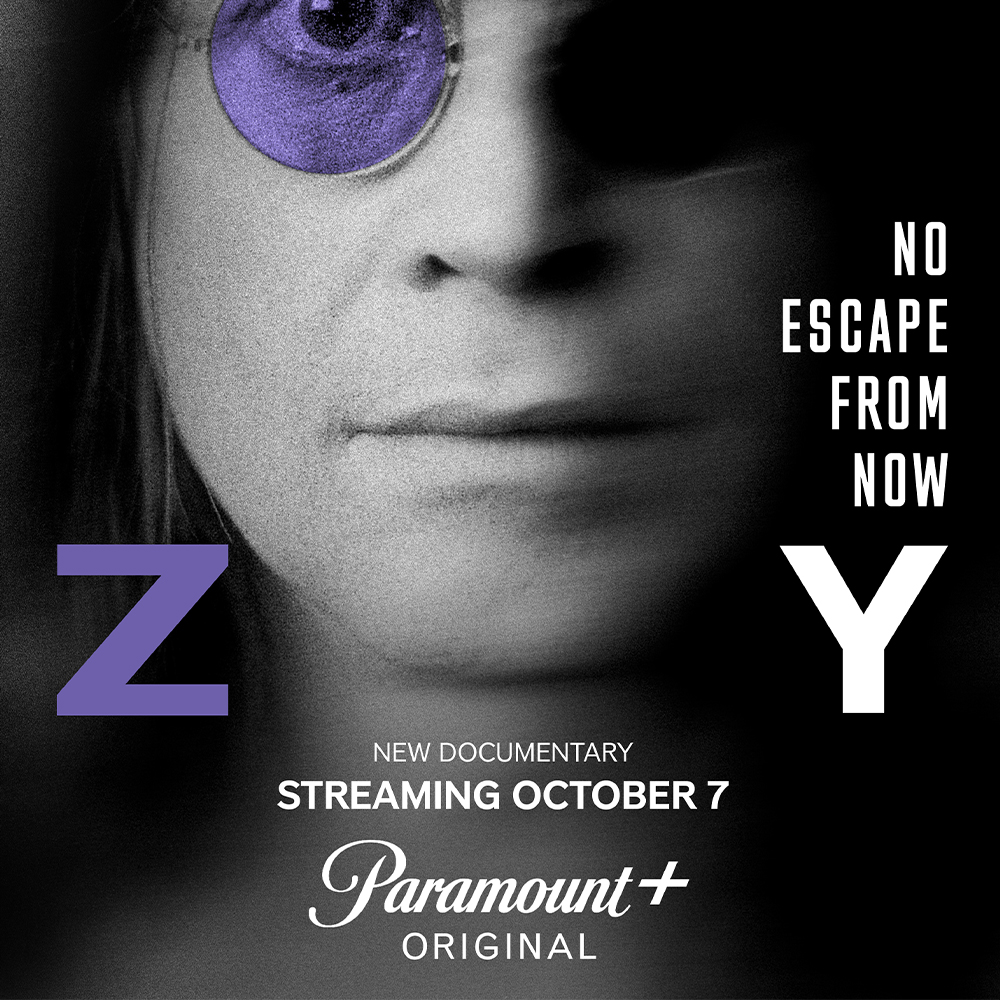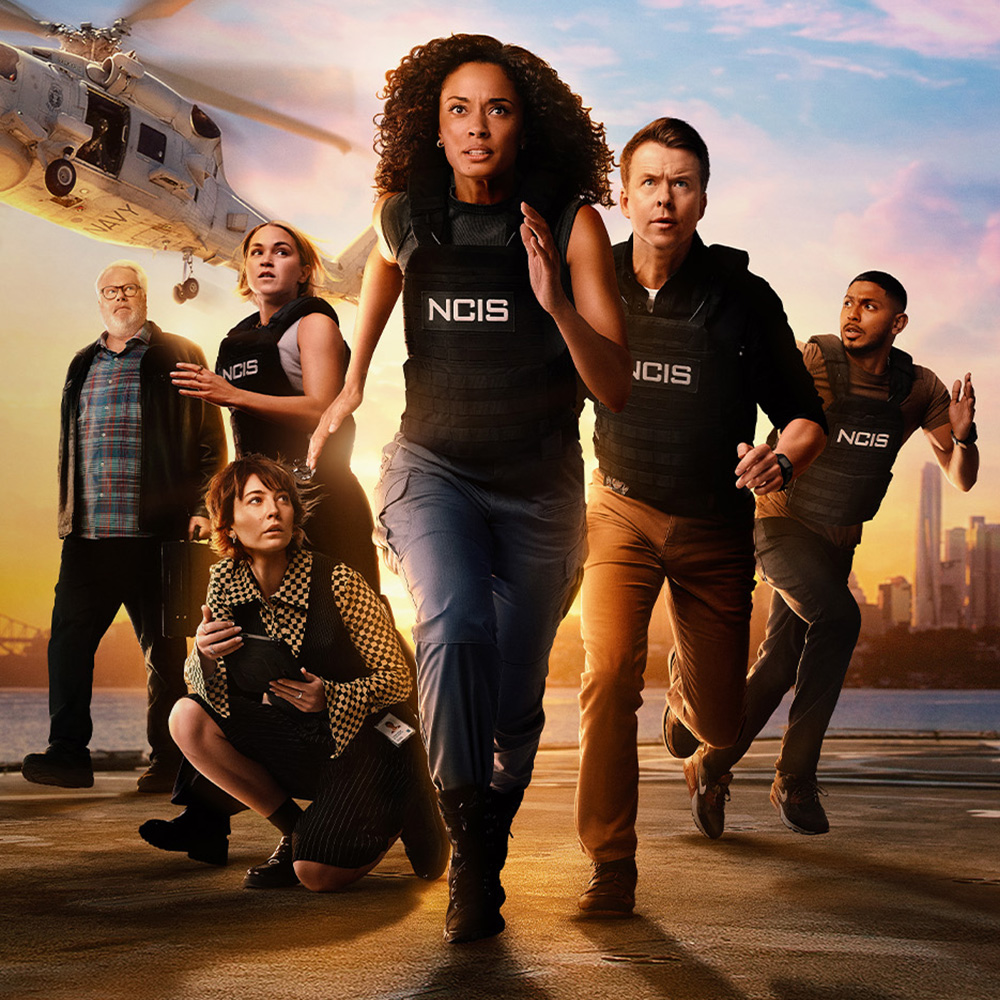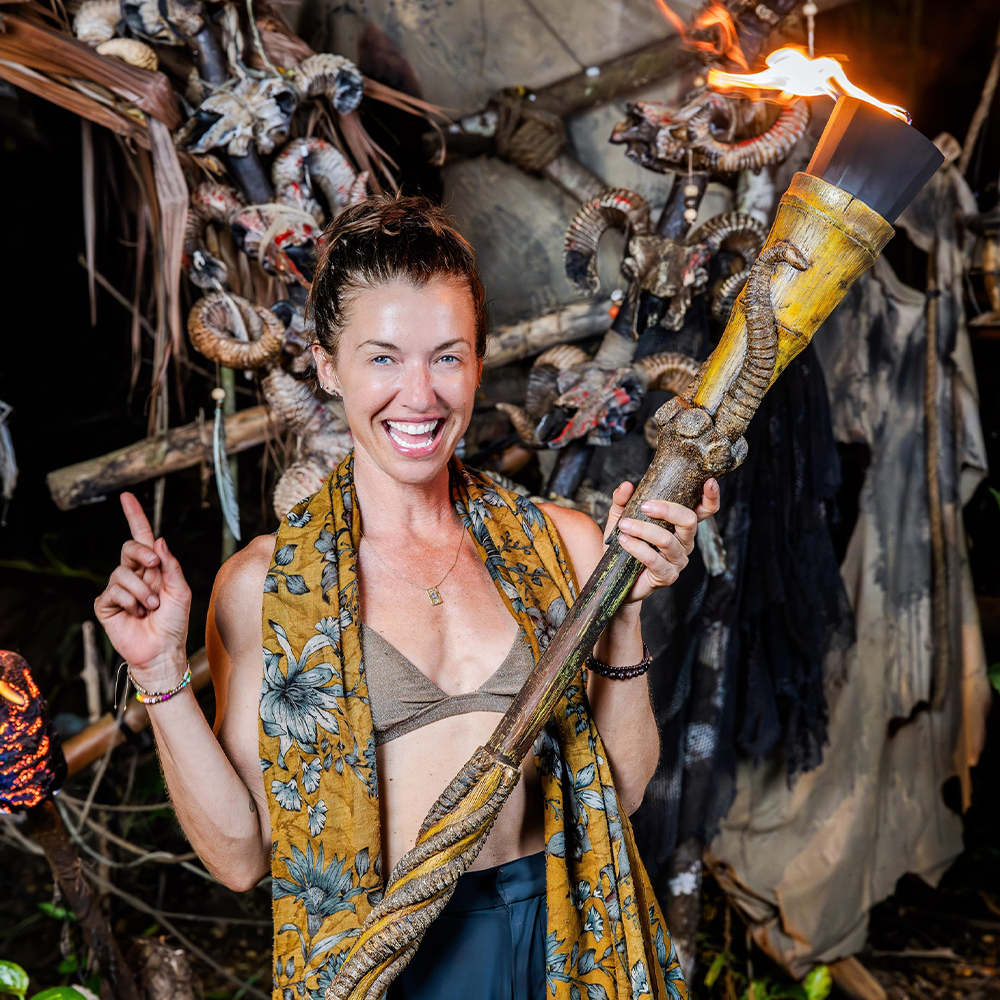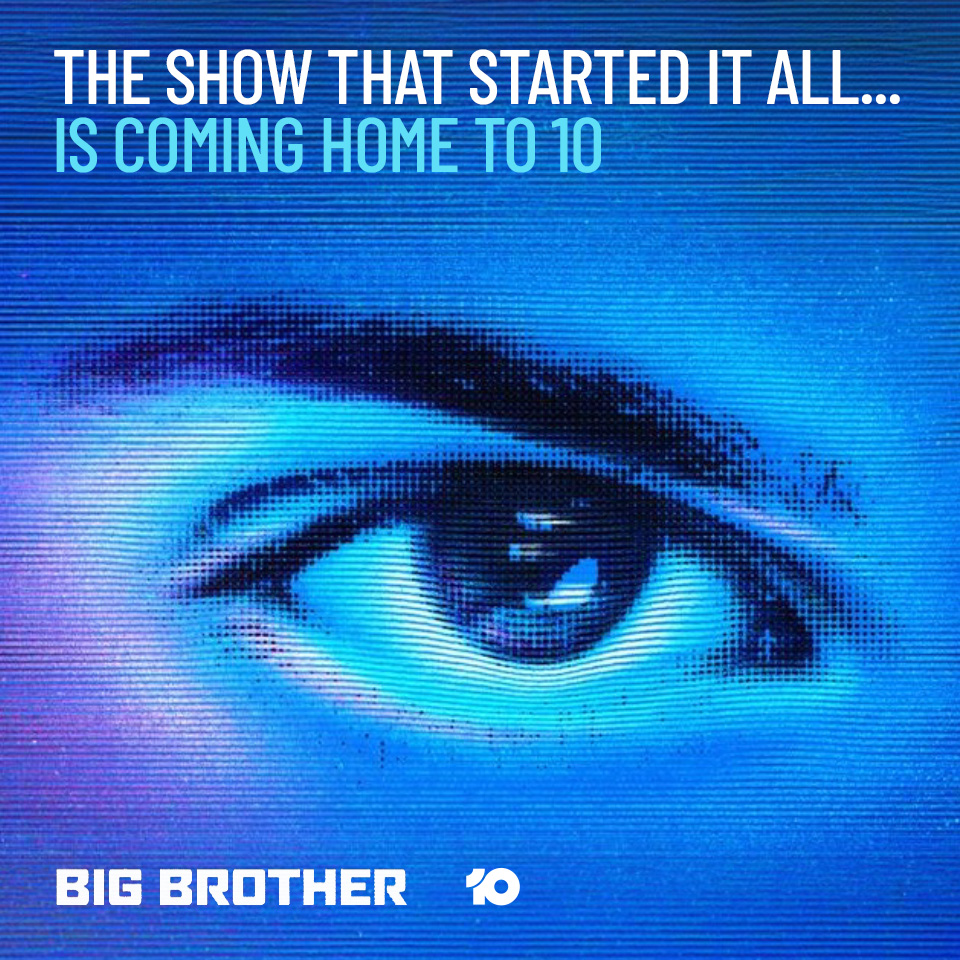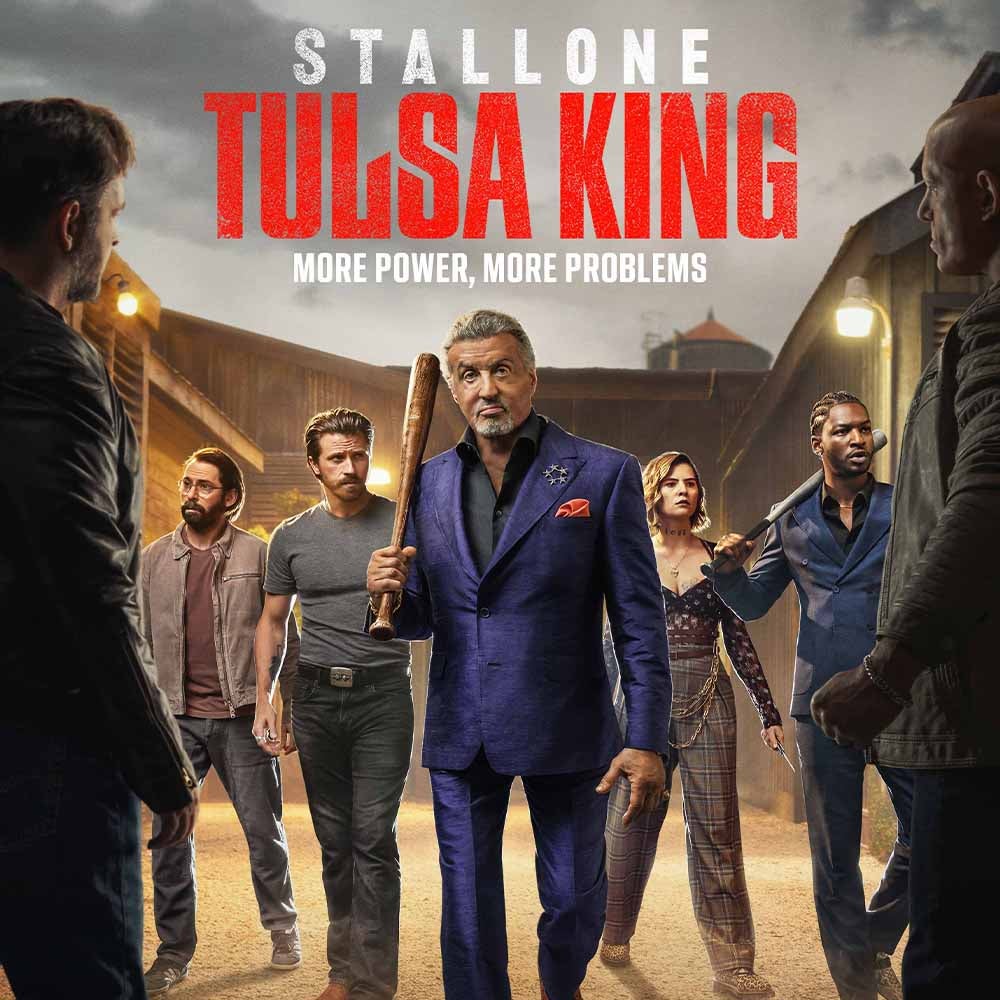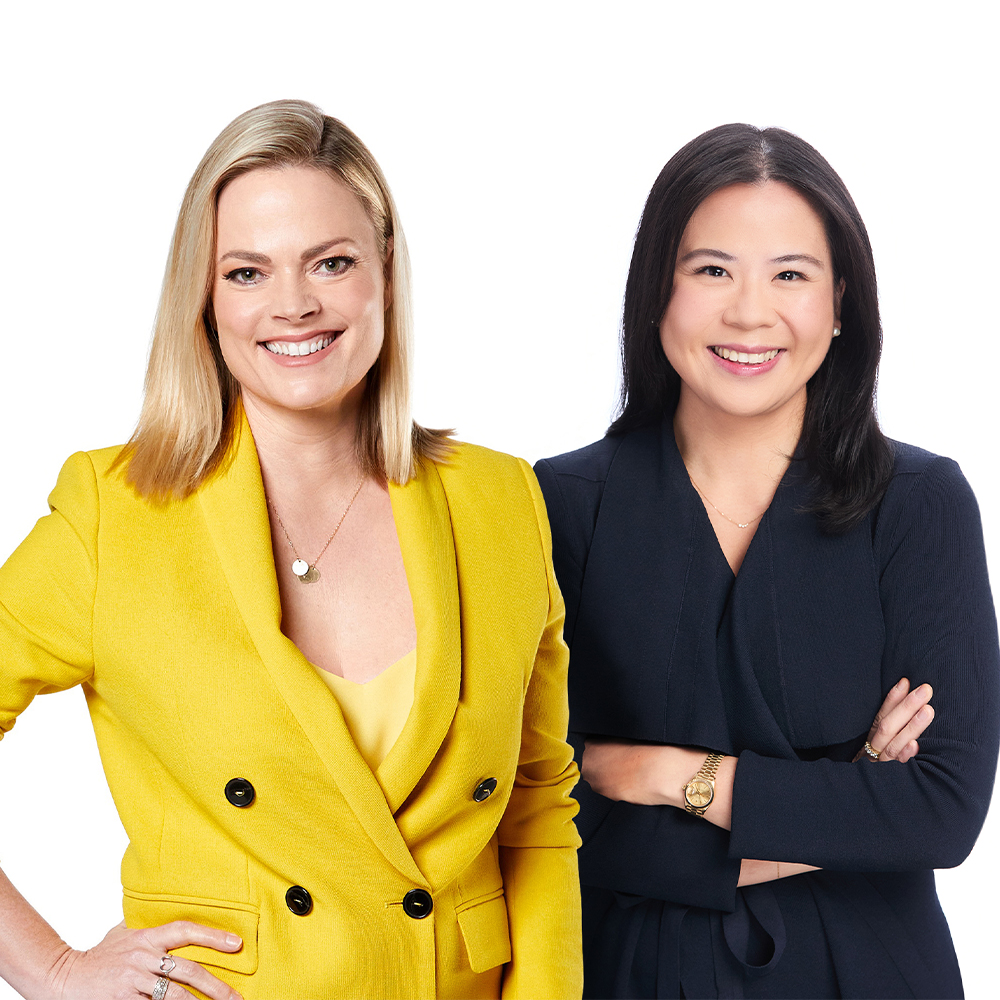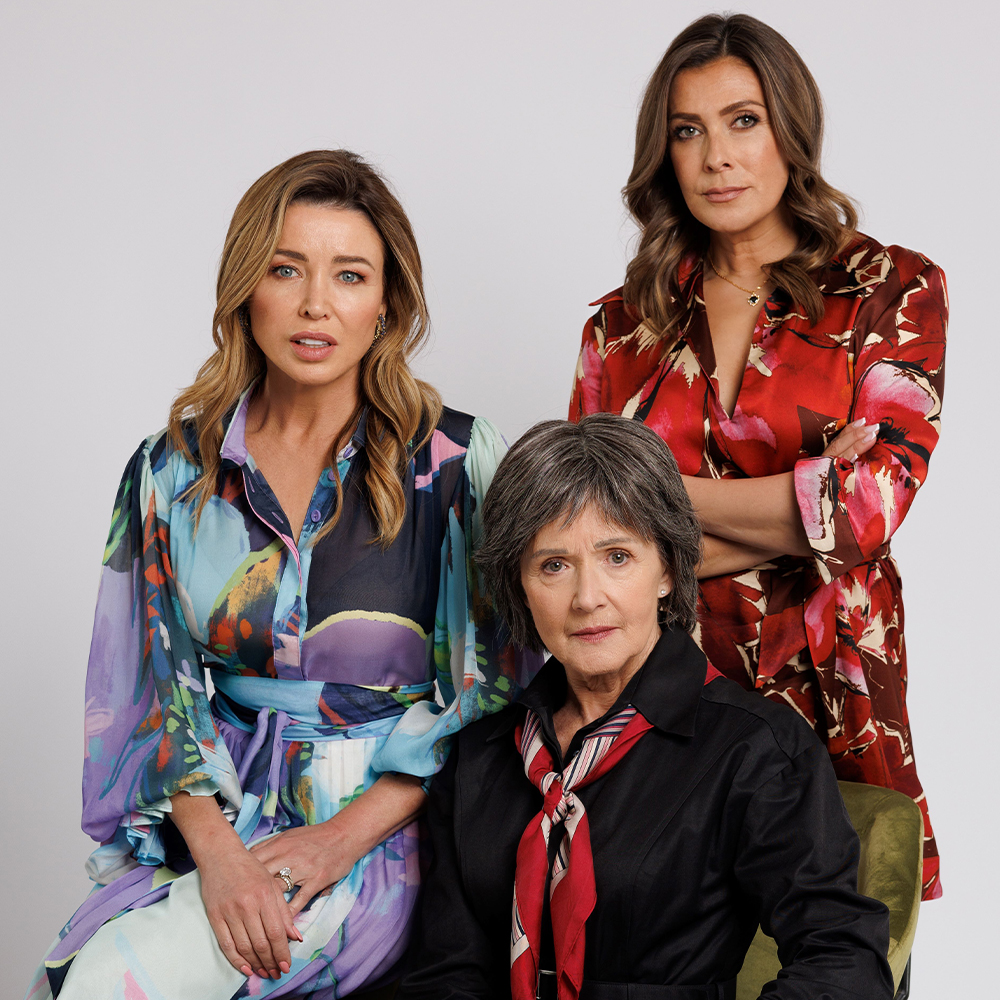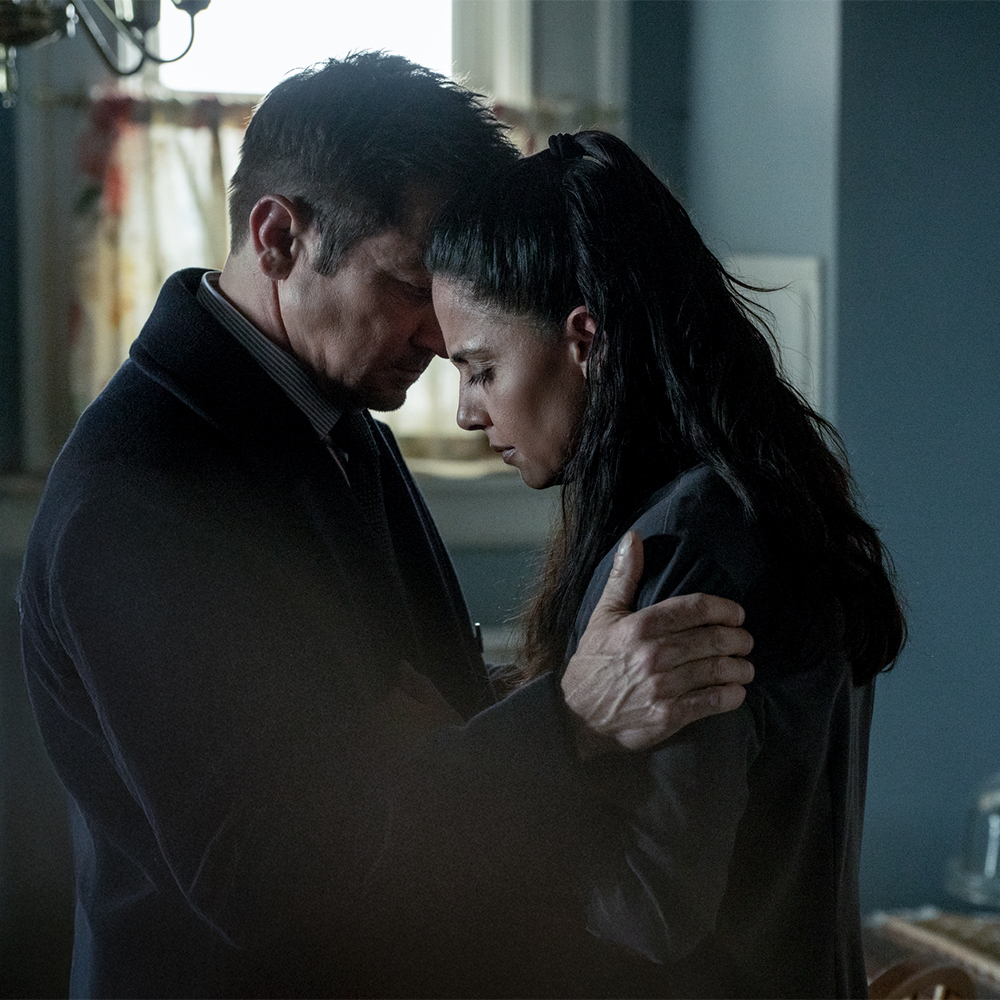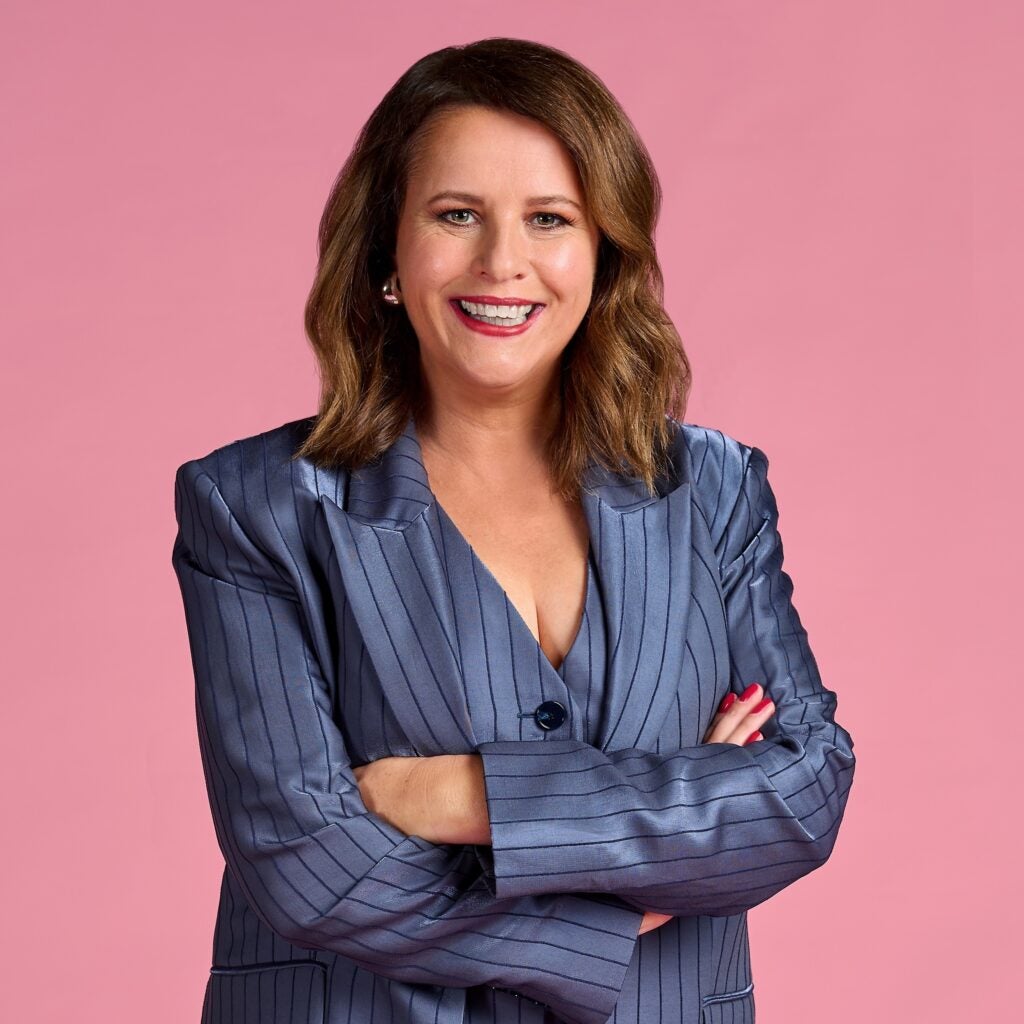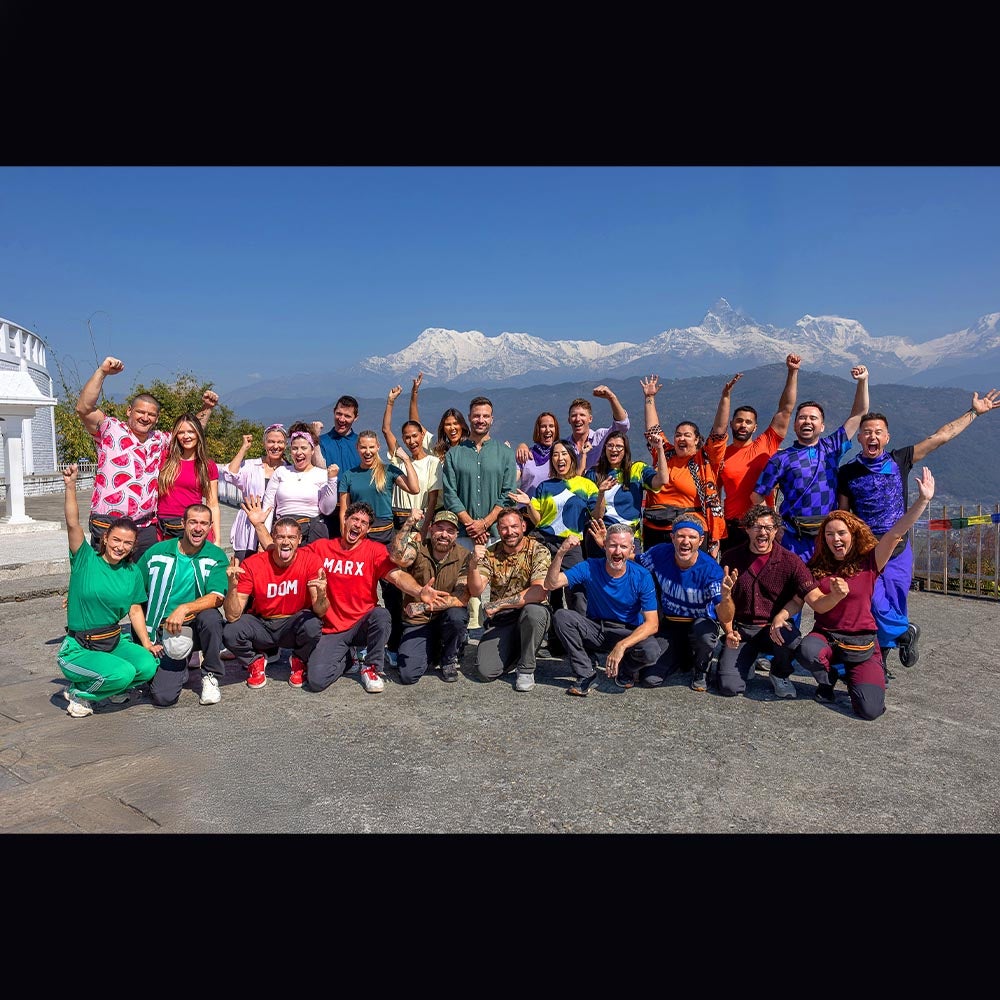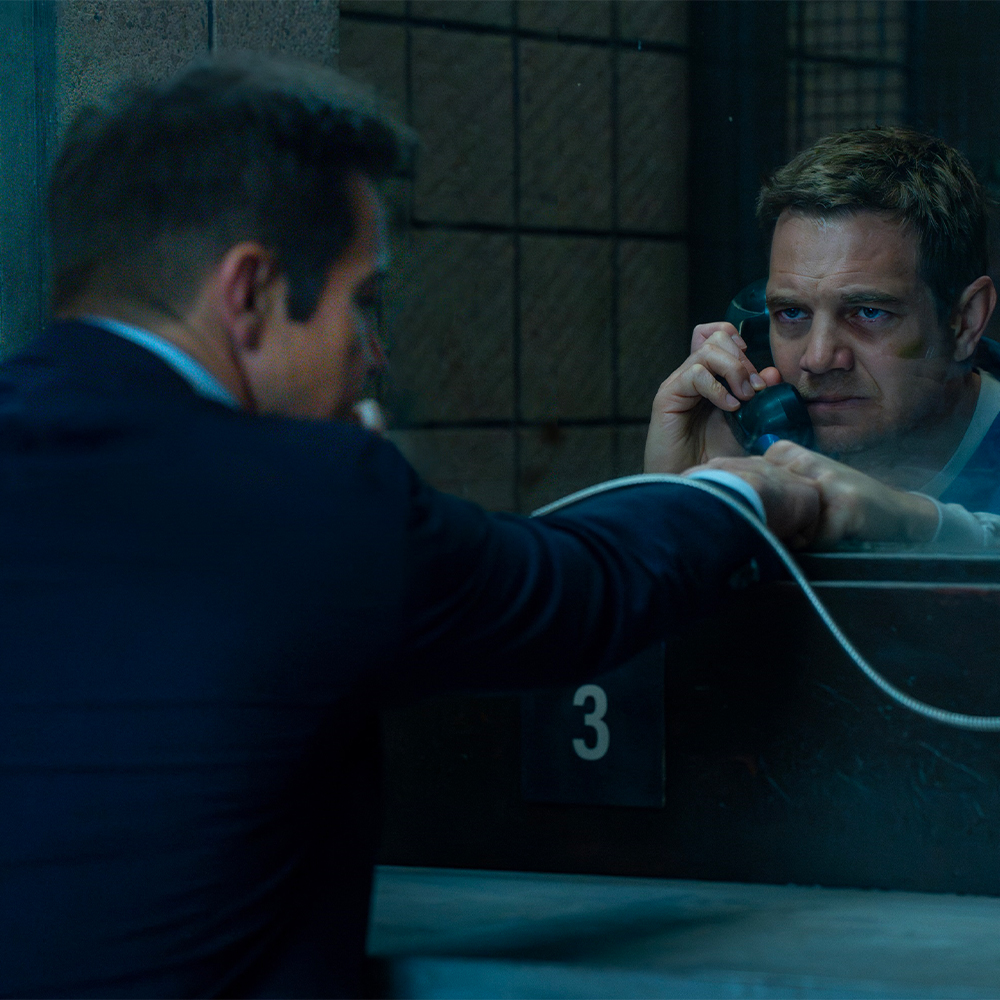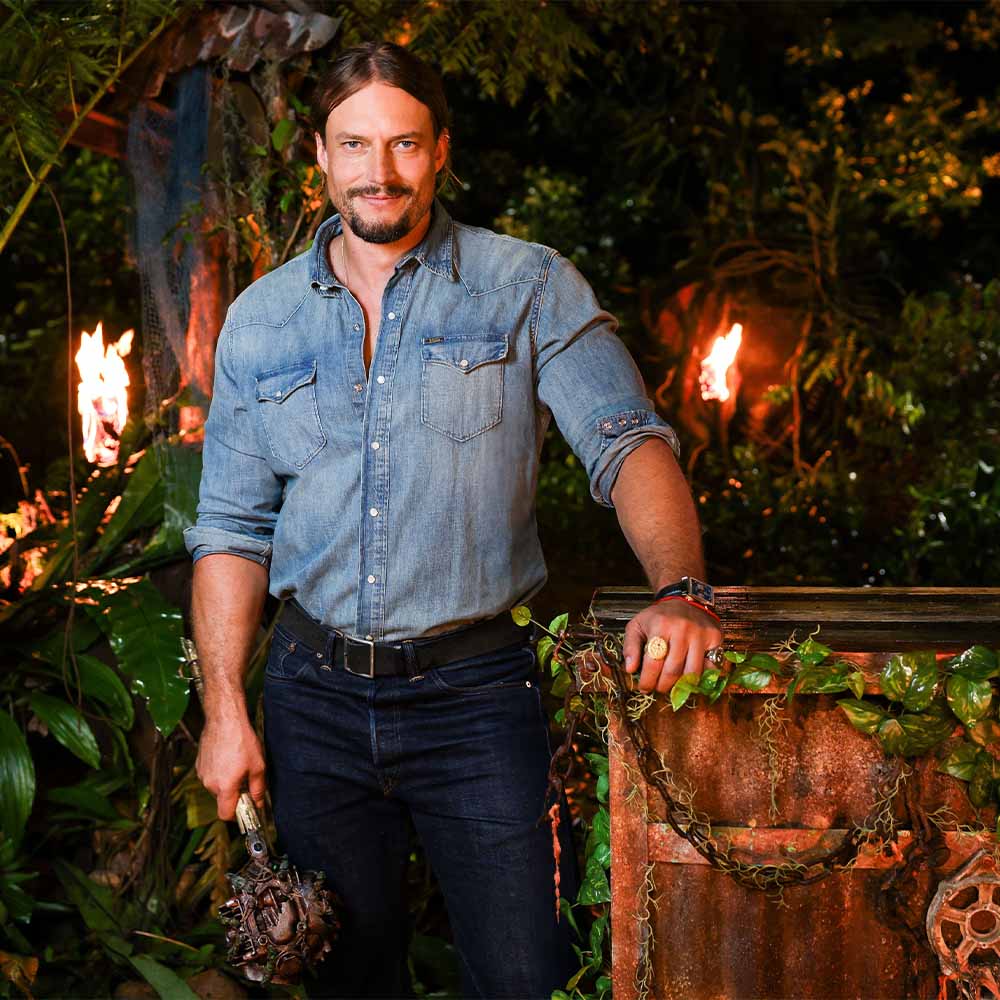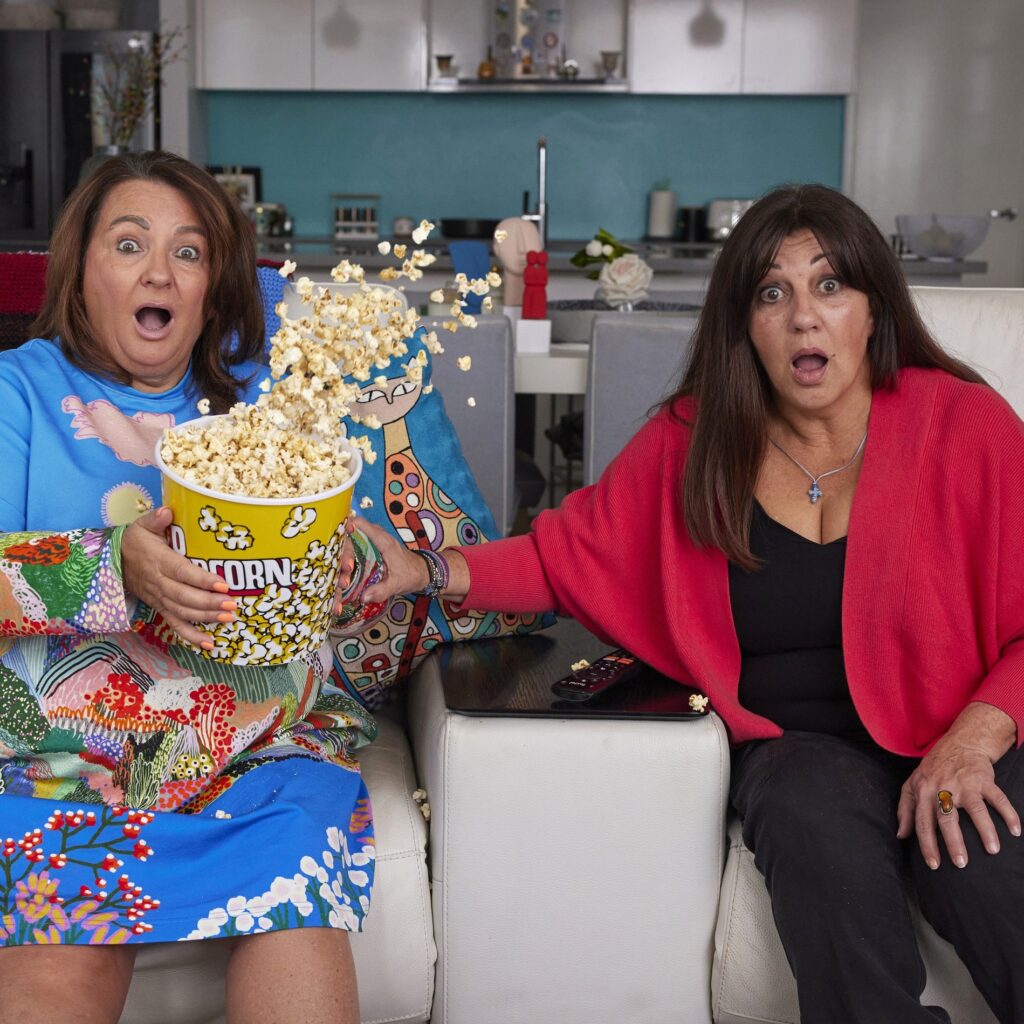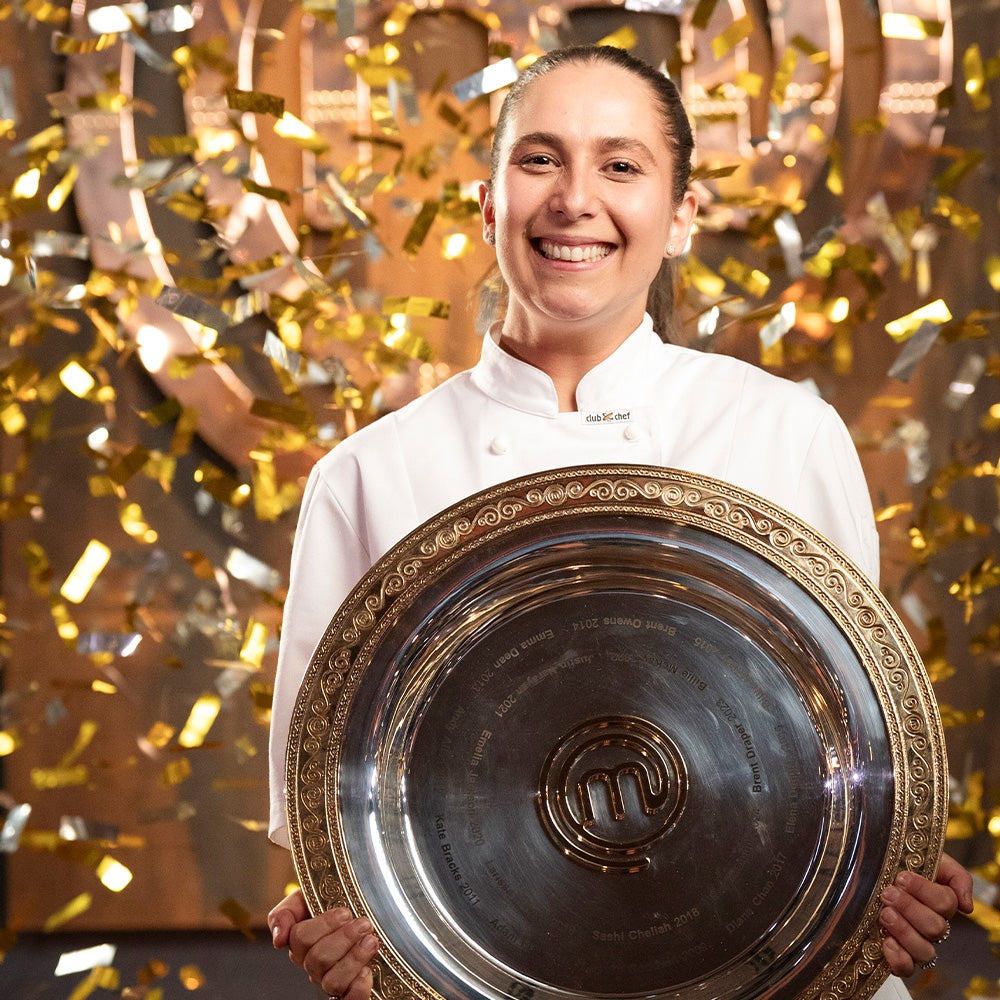As we shift our focus to ANZAC Day this week and remember those Australian and New Zealand soldiers who have served for our countries, we spoke with Network 10’s National Affairs Editor, Hugh Riminton.
Hugh was a founding Board Member of Solider On, a wonderful organisation who provide support for our service personnel through Health and Wellbeing services, Employment Support, Learning and Education Programs, as well as Participation and Social Connection activities.
Why was it important to you to be involved in this organisation?
Soldier On was started by a young officer, John Bale, whose best mate, Lt Mick Fussell, had been killed in Afghanistan. John raised some money for other soldiers wounded in the same action but found there was no organisation set up for people serving in our 21st century wars. I became involved early on and while I am no longer on the board, I remain an ambassador for the work they do. The people who defend us often pay a significant price. They deserve our respect and compassion. Their calling is ancient and very human; the values of honour, courage, sacrifice and service can be found in Homer, or Shakespeare, or Charles Bean. Until we invent peace, we need to support those who defend us. You can find us at soldieron.org.au
Soldier On helps with the transition from military life to civilian life. What are the biggest challenges associated with this?
Many courageous Defence folk become genuinely terrified at the prospect of transitioning to civilian life. It is especially jarring when it has been forced by battlefield wounds. Soldier On has refined its approach to focus on psychological well-being, social connectedness, and employment. If you get those right, the transition should work pretty well.
During your time as a journalist, you’ve spent a lot of time with ADF members all over the world. What has surprised you the most about our soldiers?
A disciplined military force can do a lot of good. That was so in East Timor, in Bougainville and the Solomon Islands. Our 1993 involvement in Somalia saved a lot of lives, even if ultimately it couldn’t settle the country. I have seen our troops in action in every major deployment since then and the overwhelming evidence is that we have been a force for good. Against that, we must acknowledge the Brereton Report into alleged war crimes. Some of these allegations have been ventilated in the Ben Roberts-Smith defamation hearing, which is still underway. But there is much more to come. It is in the nation’s interest that these issues are addressed squarely and justly.
As the son of a Royal Air Force Officer and the grandson of a Royal Naval Officer, what does ANZAC Day mean to you?
I generally don’t like ANZAC Day. It weighs on me in the days ahead. I really hate war. But on the day itself, I exchange calls and messages with some of the good friends I have met in the field or through Soldier On. It is always surprisingly emotional. I am so grateful to have them as my friends. I have a deeper sense than when I was younger about why the day is so important to so many people. It reminds us simultaneously of the best of human instincts and the worst of humanity’s failings. War is complete shit. Look at the poor buggers in Ukraine. But history suggests we’re stuck with it.
What more do you think we could be doing to educate the younger generations on our ADF?
What I would say is, don’t be too quick to mock. War, if we can’t avoid it – and we never have – always comes down to a young man or a young woman managing their fear and committing acts of quiet heroism. For thousands of years the bards have sung of just that thing. We are right to honour those nameless, numberless acts of courage, and the astonishing depth of human sacrifice. And then we should all re-commit ourselves to resolving every disagreement peacefully.
